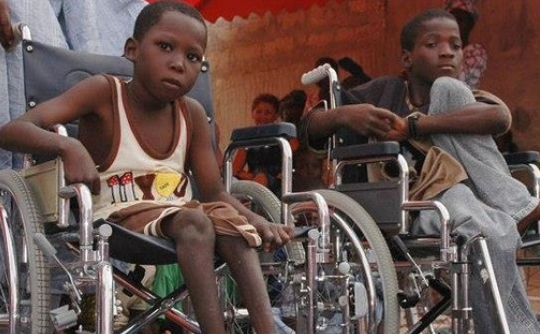The Employers Association for Private Employment Agencies of Nigeria (EAPEAN) has urged stakeholders to place protection of the rights and dignity of migrant workers at the centre of their operations.
President of the group, Dr Nzeribe Okegbue, stated this in Abuja at the opening session of the stakeholders’ consultative on fair recruitment and labour migration governance in Nigeria.
He stated that EAPEAN believes that recruitment is not merely a business, but a responsibility and a bridge between dreams and livelihoods. He added: “We have worked closely with the Ministry and the ILO to strengthen regulation, advocate for Nigeria’s ratification of ILO Conventions 143 and 181, as well as build the capacity of our members to align with global fair recruitment practices and ILO standards.
But we must now move beyond ratification to implementation – ensuring that fair recruitment is practised every day, in every agency, across every corridor of migration.”
Okegbue commended the Federal Ministry of Labour and Employment and the International Labour Organisation (ILO) for their steadfast commitment to promoting decent work and fair recruitment in Nigeria.
He noted that while labour migration has become one of the defining issues, for many Nigerians, who are seeking to work abroad, getting such an opportunity represents hope, which has turned to despair due to unfair recruitment, exploitation, and false promises.
Okegbue explained that the objective of the stakeholders’ consultation is to reinforce Nigeria’s labour migration governance architecture through capacity development, policy coherence, and multi-stakeholder collaboration to promote fair, transparent, and rights-based recruitment in accordance with ILO Conventions No. 143 and No. 181.
“Our collective task is to ensure that the path to opportunity is safe, transparent, and just – that no Nigerian worker’s ambition becomes their vulnerability. This consultative meeting presents an opportunity for all of us – government, employers, workers, and partners – to reflect, realign, and renew our commitment to fair recruitment,” he said.
He urged the stakeholders to work towards strengthening coordination among key institutions, promoting digital transparency in the licensing and monitoring of recruiters, empowering private employment agencies to operate responsibly and ensuring that the rights and dignity of migrant workers remain at the centre of their actions.
He insisted that the meeting was not just another gathering, but a movement that is aimed at building a Nigeria where recruitment is fair, migration is safe, and every worker’s dignity is respected.
Let us leave this room with one shared goal – to make Nigeria a regional model of fair recruitment and decent labour migration governance. In a brief remark, the Nigeria Labour Congress (NLC) described both Conventions No. 143 and No. 181 of the International Labour Organisation (ILO) as emphasising the importance of protecting migrant workers’ rights and promoting decent work.
Represented by its focal person on migration, James Eustace, NLC observed that the draft framework for the international recruitment of Nigerian migrant workers is a significant step towards ensuring that our workers are protected and treated fairly abroad.
However, Congress noted that key aspects of the framework should include clear and accessible information about recruitment processes, no fees, and terms of employment.
NLC also insisted that it must ensure protection from exploitation, abuse, and discrimination. According to the central labour body, the framework must also ensure that migrant workers’ rights are respected, including freedom of association and collective bargaining.
“We must collectively ensure that recruitment agencies operate with integrity and that migrant workers have access to effective grievance mechanisms. Let us work together to create a framework that prioritises Nigerian migrant workers’ welfare and dignity.
By doing so, we can promote decent work, protect workers’ rights, and contribute to Nigeria’s development,” NLC stated.
Setting the tone for the discussion, Executive Secretary, EAPEAN, Jide Afolabi, said the main objectives of the gathering were to identify and address systemic gaps in international recruitment governance.
Share lessons and best practices from national and international experiences; develop actionable recommendations for coherent and inclusive labour migration governance and strengthen the protection of migrant workers’ rights through better compliance with international standards and national laws.
He added: “These discussions will shape how Nigeria advances fair recruitment, labour migration, and decent work outcomes in the years ahead.”






